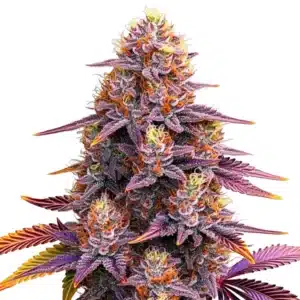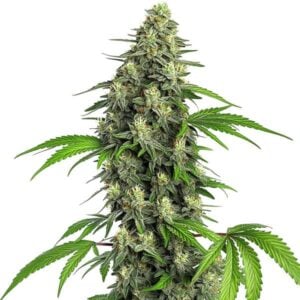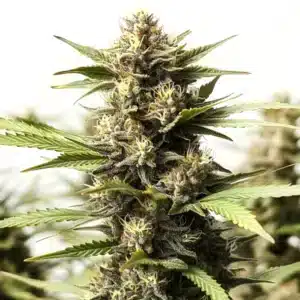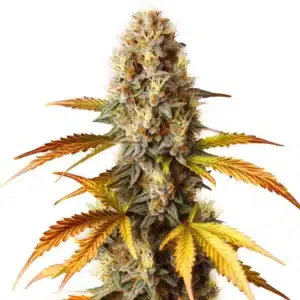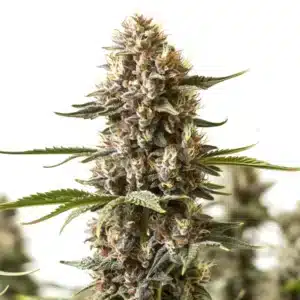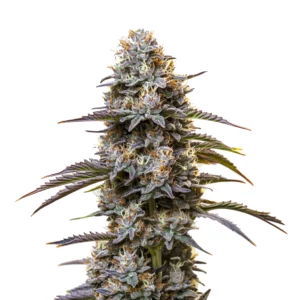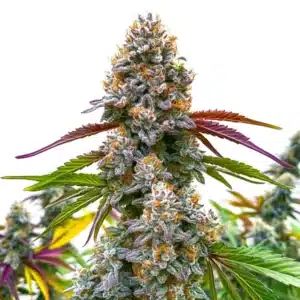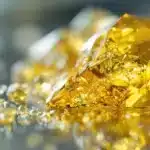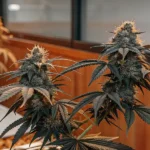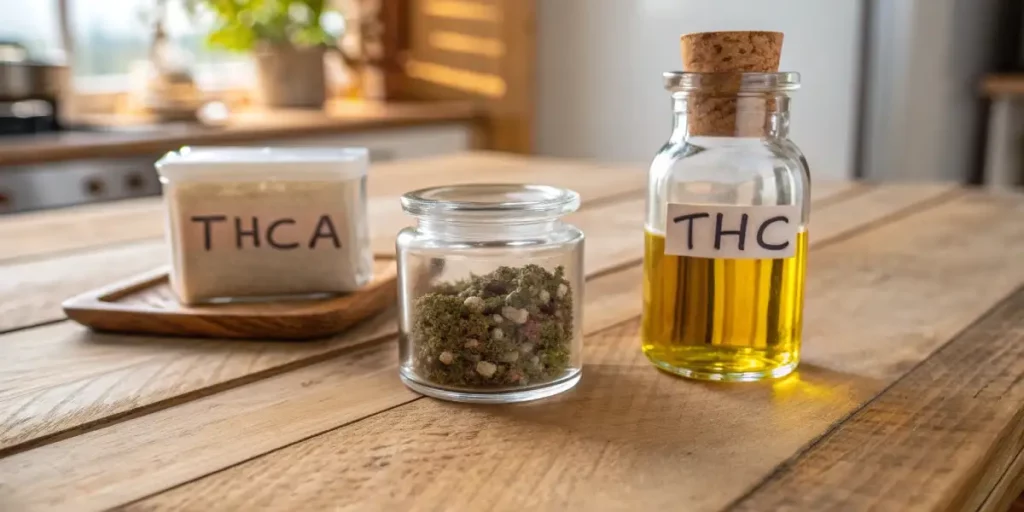
THCO vs THCA: The Core Differences in Cannabis Compounds
Many cannabis enthusiasts are familiar with THC, but the plant offers much more. Two other cannabinoids THCO and THCA are gaining attention for their own unique effects and benefits.
To understand how these molecules work, it’s important to remember that all humans have an endocannabinoid system (ECS) inside their bodies. This complex network of receptors is what allows cannabinoids to interact with our body and mind, influencing everything from mood to pain perception. The differences between THCO and THCA are rooted in how they engage with this internal system.
Recommended Strains
THCO, or tetrahydrocannabinol acetate, is a potent cannabinoid synthesized from THC, known for being much stronger and longer-lasting. On the other hand, THCA, or tetrahydrocannabinolic acid, is a non-psychoactive compound found in raw cannabis that converts to THC when heated. Knowing the differences can help you make informed decisions about the cannabis strains you choose.
Effects on the Body
THCO and THCA have distinct effects. THCO is highly psychoactive and more potent than standard THC, inducing feelings of relaxation, euphoria, and altered sensory perception, but with greater intensity.
THCA, in contrast, is non-psychoactive and does not produce a “high”. Instead, it offers several potential health benefits, including anti-inflammatory, neuroprotective, and anti-emetic properties. This makes it an excellent choice for those who wish to use cannabis for its therapeutic properties without intoxication.
Medical Uses of THCO vs THCA
Both compounds have potential medical uses. THCO’s potent and long-lasting effects can be beneficial for managing severe chronic pain, stimulating appetite, and reducing nausea in patients who require strong relief.
THCA is often used for its therapeutic potential without the high. It has been studied for its ability to reduce inflammation and protect the nervous system, making it a promising compound for research in various medical fields.
Promos & Deals
How THCO and THCA are Produced
THCA is naturally produced by the cannabis plant in its trichomes. It is the acidic precursor to THC and is abundant in raw, unheated cannabis.
THCO, on the other hand, is not made by the plant. It is synthesized from THC in a laboratory through a chemical process called acetylation. This process increases its potency and requires expert knowledge and equipment. The Granddaddy Purple strain from Blimburn Seeds, known for its high THC content, can be used to produce THCO.
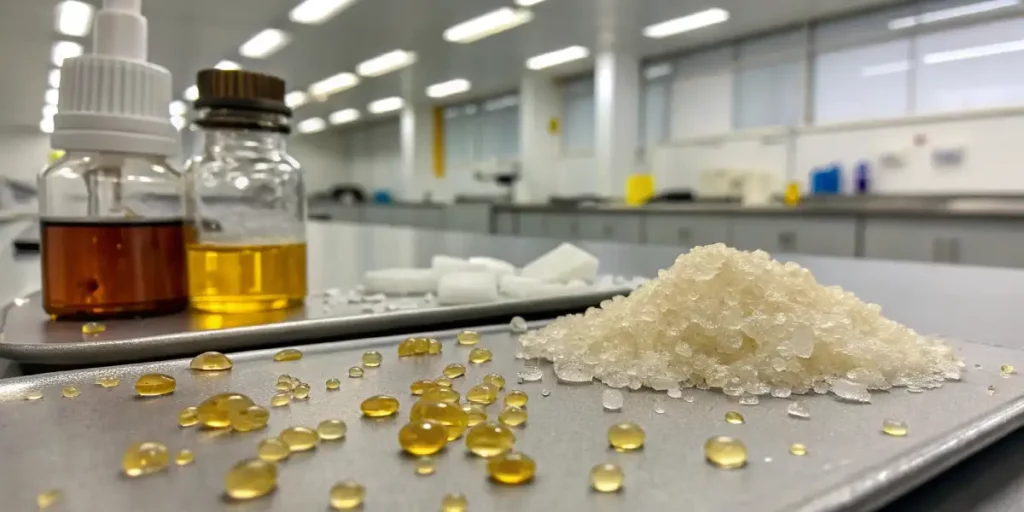
Benefits of THCO Compared to THCA
THCO’s primary benefits are its enhanced potency and prolonged effects, making it a powerful tool for those seeking an intense experience or strong, long-lasting relief from symptoms. Its versatility in consumption methods – smoking, vaping, or edibles – provides users with flexibility.
THCA’s main benefit is that it offers the potential therapeutic properties of cannabis without the psychoactive high. Its anti-inflammatory and neuroprotective properties are promising areas for further research.
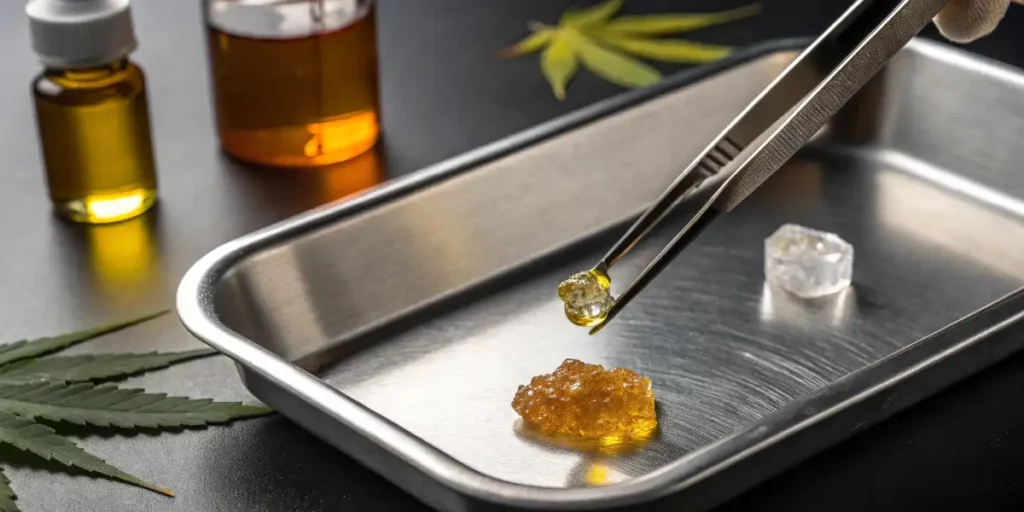
FAQs Section
What are the main differences between THCO and THCA?
The main differences are their origin, chemical structure, and effects. THCO is a potent, psychoactive cannabinoid synthesized from THC in a lab. THCA is a non-psychoactive cannabinoid that is naturally produced by the cannabis plant and converts to THC with heat.
What are the benefits?
THCO offers a very potent and long-lasting psychoactive experience, which can be useful for intense symptom relief. THCA provides potential therapeutic benefits like anti-inflammatory and neuroprotective properties without causing a “high”.
How are THCO and THCA produced?
THCA is naturally produced by the cannabis plant as it grows. THCO is not natural; it is synthesized in a lab from THC through a chemical process called acetylation.
What are the medical uses of THCO vs THCA?
THCO’s potency may be useful for managing severe pain, stimulating appetite, and reducing nausea. THCA is often used by those seeking therapeutic benefits (anti-inflammatory, neuroprotective) without the psychoactive effects.



